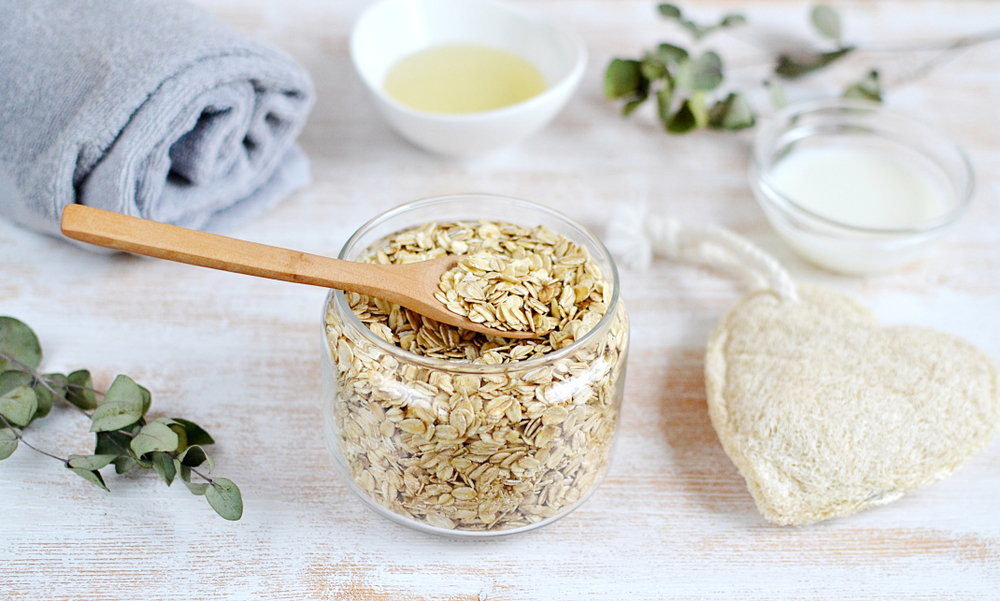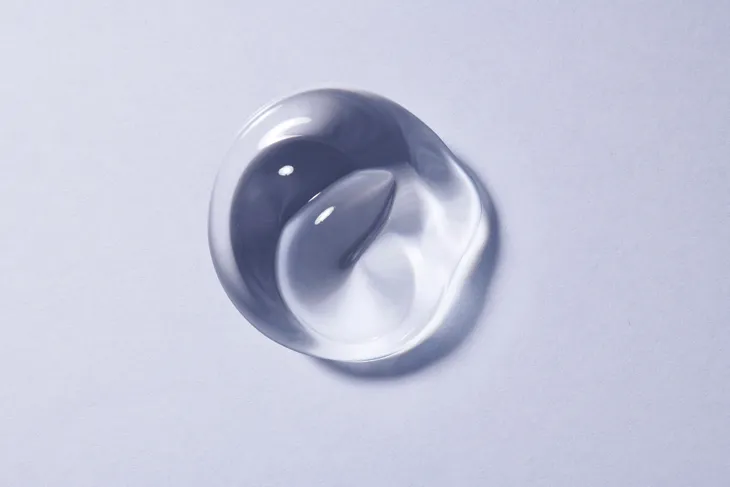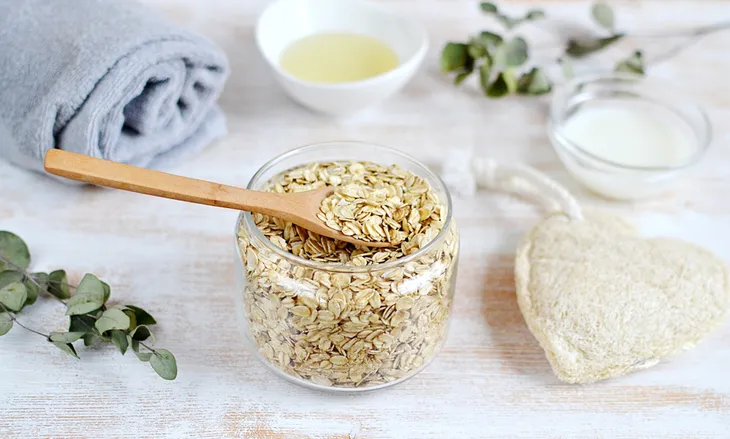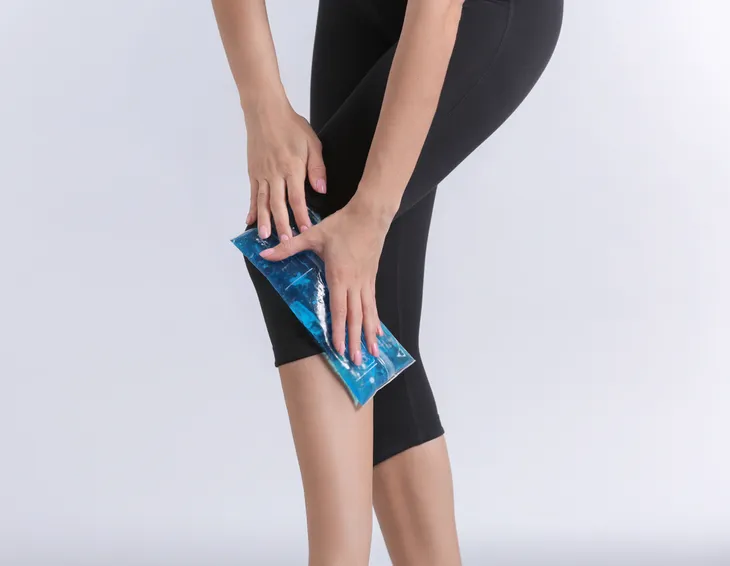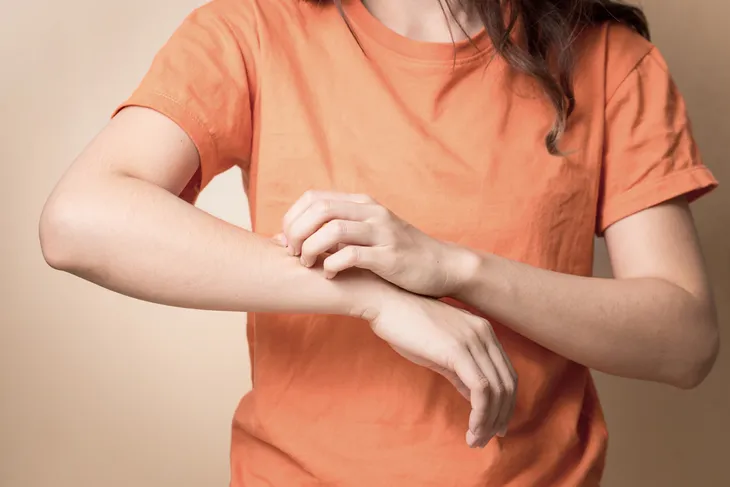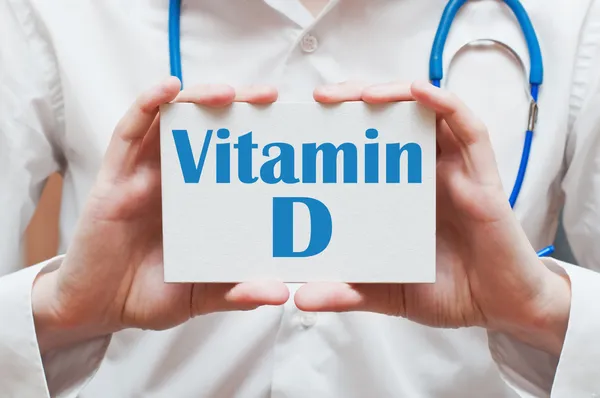Itchiness—you know the kind that makes you want to crawl out of your own skin or scratch it off—is a major annoyance. Not only is it uncomfortable, but it can impede everything from work to sleeping.
To get some well deserved relief from itchy skin caused by dryness, eczema, hives, mosquito bites, or any general skin irritations, we’ve got 9 soothing remedies that are super easy and effective!
Glycerin
Glycerin is an effective skin reliever because it draws water into the body. Its humectant which helps to draw water to skin to keep skin hydrated. When browsing for a moisturizer, look for one that has this ingredient as it’s sure to help relieve any itchy skin.
Oatmeal
Oatmeal is already used in many skin creams and body washes for sensitive skin. But when natural oats are made into a paste by adding water, it can be spread over irritated skin or sprinkled into a bath for a calming, soothing effect on irritated skin.
The American Academy of Dermatology (AAD) recommends taking an oatmeal bath. “This can be very soothing, especially for blisters or oozing skin due to chickenpox, hives, poison ivy, or sunburn,” writes the source.
Cold Compress
The American Academy of Dermatology recommends applying a cold compress to relieve itchy skin. You can use either a cold, wet cloth or an ice pack. Apply it to the area for about 5 to 10-minutes or until the itch subsides. The source also recommends using cooling agents like menthol or calamine. “You could also place your moisturizer in the refrigerator to help achieve this cooling effect,” writes the AAD.
The trick with itchy skin is to avoid exposing it to hot water and avoid scratching because it will lead to more itching, along with dry and irritated skin.
Antihistamines
Antihistamines are commonly used to treat allergic reactions. This means they are also great for treating itchy skin! “Histamines are chemicals in the body that cause allergy symptoms, including itching,” writes Healthline. “An antihistamine is a common treatment for allergic reactions.”
The source notes that most antihistamines will cause drowsiness, so be sure to only take them before bed. It also recommends using a topical medication for itchiness and apply it directly to the area to avoid all the side effects that come with oral antihistamines.
Hydrocortisone
Hydrocortisone is an anti-itch cream that soothes itchy skin. Healthline recommends getting a cream that has at least 1-percent hydrocortisone when looking for over-the-counter treatments. “This drug inhibits inflammatory responses in the body and can help calm inflamed, itchy skin,” writes the source.
If this is not enough, see your dermatologist as often a stronger cortisone cream is needed. Your dermatologist can best determine your treatment course to minimize side effects.
Drink Lots of Water
We should all be drinking lots of water on a daily basis, but a lot of people struggle to do so. There are so many benefits that come from drinking plenty of water and according to Reader’s Digest, one of these benefits is relieving dry, itchy skin.
“Water is the winner,” says Chris G. Adigun, MD, a board-certified dermatologist at the Dermatology & Laser Center of Chapel Hill, North Carolina to Reader’s Digest. “Keeping your body hydrated will help your skin stay hydrated.”
Vitamin D
If you’re like me, you might notice that your skin becomes a lot more dry and itchy in the winter months. This could be because of the lack of vitamin D in the cold, dark days of winter. “You may want to consult with your doctor to ensure your vitamin D level is adequate,” says Mohiba Tareen, MD, a dermatologist at Tareen Dermatology in Roseland, Minnesota, when talking to Reader’s Digest. “When vitamin D is low — which commonly occurs during the winter months — skin conditions and itchy may flare.”
Avocado and Salmon
Similar to water, we should already be eating foods with omega-3 fatty acids because they are good for our overall health. But apparently they can also affect how our skin feels by working from the inside. “Eating extra omega-3 fatty acids, found in avocado, nuts, and salmon, infuse the skin with healthy oils from the inside,” says Dr. Tareen to Reader’s Digest.
Antidepressant
This one might seem like an odd choice, but according to Healthline, some studies have found that antidepressants can help itchiness. Some of these drugs block itchy receptors in our skin. However, it would be best to see your dermatologist to determine the most effective treatment for you.
